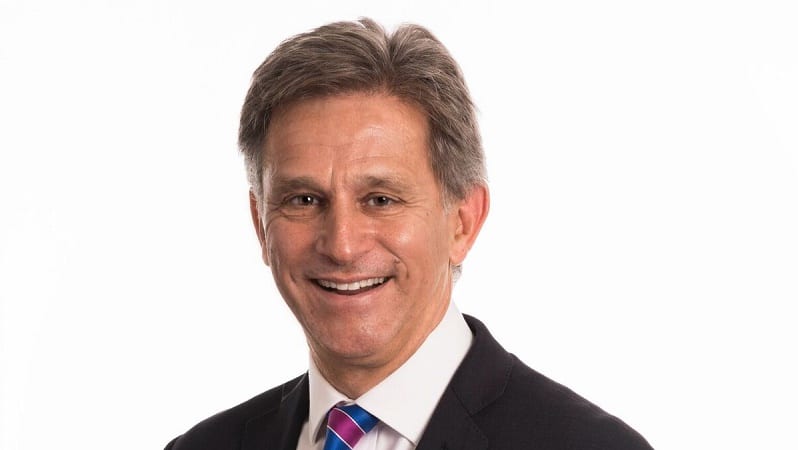Demand for Polar Capital’s “sustainable” emerging market and healthcare vehicles have helped the fund group deliver net inflows over its interim period, as clients exited its mega tech funds.
Polar closed out the six months to 30 September with £23.4bn in assets under management (AUM), up 12% from £20.9bn at the end of March. By mid-November that had grown to £25bn.
The £2.5bn bump in AUM over the interim was chiefly driven by market movements and fund performance, which added £1.8bn to the total, while net inflows contributed £690m.
Polar’s “sustainability oriented” Emerging Markets Stars and Asian Stars funds were the biggest beneficiaries of new client money, attracting £366m and £70m respectively. Its suite of healthcare funds also had a decent run, with the Biotechnology fund raking in £199m and segregated mandates adding £427m.
Technology funds hit by outflows
However, sentiment soured toward its mega technology funds, which were hit by outflows over the period.
Polar’s $9.2bn Global Technology fund, one of its biggest winners in 2020, suffered £413m in redemptions over the period, while its $753.5m Automation and Artificial Intelligence fund leaked £49m.
Polar blamed net redemptions on client allocation shifting away from the technology sector and investors taking profits on Global Technology “following excellent absolute performance over the past years”.
The fund, which soft closed last year, has returned 142.3% and 246.2% over three and five years respectively compared with the IA Technology and Telecommunications’ 123.4% and 196.2%, according to Trustnet. Over the last year it has slipped to the fourth quartile, returning 22.4% against the sector’s 31.5%.
Elsewhere its UK Value Opportunities fund, run by former Miton duo Georgina Hamilton and George Godber, suffered “modest outflows” of £18m, despite winning a £169m segregated mandate.
The North American fund also ended the period with £33m in net redemptions, though Polar said this trend had reversed in recent months.
Polar reclassifying funds under Article 8
Chief executive officer Gavin Rochussen (pictured) said the group was continuing to benefit from its ESG-friendly product offering.
Six of its funds have been classified as Article 8 under the European Union’s Sustainable Finance Disclosure (SFDR) regulations, with a “pipeline of funds” aiming to reclassify under the badge. The Smart Energy and Smart Mobility funds, classified as Article 9 funds, have already attracted early flows and interest from potential investors since launching in September, he said.
“There is much greater concern about the impact of climate change, and this will result in growing demand for greener technologies and the investment landscape will be shaped by the conversations and outcomes from COP26 held in Glasgow.”
Excluding performance fees and other exceptional items, core operating profit was up 65% to £36.3m. Adjusted diluted total earnings per share was 28.1p, compared to 22.1p a year ago.
See also: How have fund managers been interpreting the Article 8 label under SFDR?










